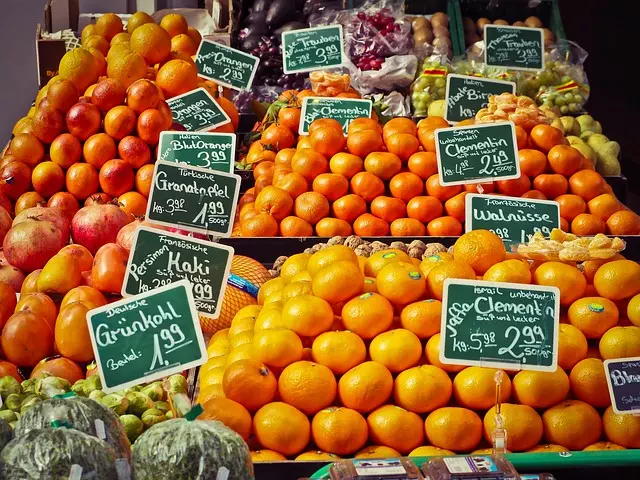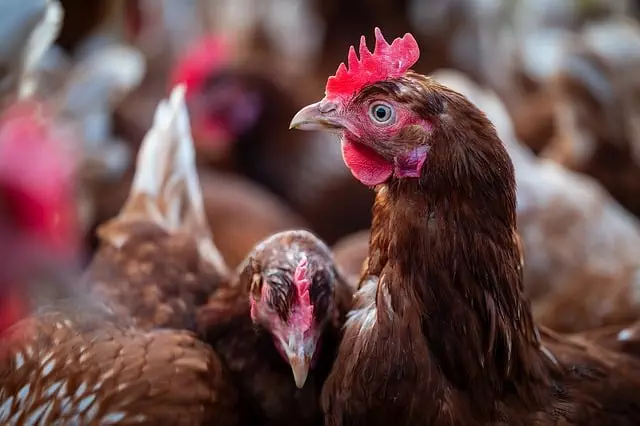Yard ecosystem maintenance is critical for soil health and environmental sustainability, emphasizing the importance of consistent leaf collection and mulching. This practice not only prevents nutrient-rich leaves from accumulating and aiding weed growth but also supports nutrient cycling and composts organic matter into fertile soil amendments. By participating in yard waste removal and recycling programs, homeowners can divert organic waste from landfills, where it would produce methane, to composting facilities that convert it into humus, thereby enriching the soil and reducing greenhouse gas emissions. Mulching accelerates this process while inhibiting weeds and diseases, offering a slow-release, natural alternative to synthetic fertilizers. These eco-conscious yard maintenance practices are supported by local services that provide mulching solutions and curbside collection, contributing to healthier gardens, less landfill use, and a more sustainable environment. Yard waste removal and recycling thus play a dual role in enhancing garden vitality and mitigating environmental impacts, making them an essential aspect of responsible community living.
Fall’s crisp air brings a bountiful harvest of fallen leaves, signaling the need for efficient yard waste management. This article delves into the intricacies of yard waste removal and recycling through leaf collection and mulching strategies, highlighting their significance in maintaining a healthy landscape and promoting sustainability. From understanding the various types and sources of yard waste to exploring yard waste recycling programs like composting, discover how these practices not only enhance your yard’s appearance but also contribute to environmental conservation. Yard Waste Removal and Recycling are key to transforming your yard maintenance routine into an eco-friendly and resourceful endeavor.
- Understanding Yard Waste: Types and Sources
- Leaf Collection Strategies for Efficient Yard Maintenance
- The Benefits of Mulching Leaves and Yard Waste
- Yard Waste Recycling Programs: Composting and Beyond
Understanding Yard Waste: Types and Sources

Yard waste encompasses a variety of organic materials generated from the maintenance and upkeep of residential and commercial landscapes. This category includes grass clippings, leaves, twigs, branches, garden prunings, and plant trimmings. Understanding the types and sources of yard waste is crucial for effective yard waste removal and recycling practices. For instance, grass clippings and leaves are among the most common forms of yard waste, often resulting from routine lawn mowing and fall clean-ups. These materials can be rich in nutrients and, when composted or mulched, provide valuable organic matter that benefits soil health and reduces the need for chemical fertilizers.
Effective yard waste removal and recycling programs play a significant role in maintaining environmental quality and sustainability. Municipalities across the country are implementing these programs to ensure that yard waste is not only removed from residential properties but also processed into beneficial products. Composting facilities convert yard waste into nutrient-rich compost, which can be used to improve garden soil and reduce landfill waste. Additionally, mulching services turn leaves and grass clippings into fine mulch that conserves soil moisture, suppresses weeds, and enhances plant growth. These recycling efforts not only promote a healthier environment but also contribute to the reduction of greenhouse gas emissions associated with the decomposition of organic matter in landfills.
Leaf Collection Strategies for Efficient Yard Maintenance

Maintaining a healthy yard ecosystem involves regular maintenance, and leaf collection and mulching are integral practices in this process. Yard waste removal is most efficient when leaves are collected promptly after they fall. A strategic approach to leaf collection not only keeps the yard tidy but also contributes to nutrient recycling within the soil. By utilizing yard waste recycling programs, homeowners can ensure that organic matter like leaves is composted rather than sent to landfills. This practice enriches the soil with essential organic material, which in turn supports plant growth and aids in maintaining a robust landscape.
Mulching fallen leaves is another effective method for yard waste management. Leaves serve as an excellent mulch layer, suppressing weeds, conserving moisture, and providing beneficial decomposition products that enhance soil structure. When leaves are shredded or left whole, they return valuable nutrients to the soil as they break down. This natural process recycles organic material back into the yard, fostering a sustainable and self-sustaining environment. Homeowners should consider local yard waste removal services that offer mulching options, as these can significantly reduce the labor and time required for leaf management. By adopting such strategies, yards can remain well-maintained while contributing to environmental sustainability through yard waste recycling.
The Benefits of Mulching Leaves and Yard Waste

Mulching leaves and yard waste offers a multitude of benefits for both garden health and environmental sustainability. For one, it serves as an efficient form of on-site recycling, transforming organic matter into nutrient-rich compost that enriches the soil. This process not only reduces the volume of yard waste but also returns valuable organic material to the earth, fostering a healthy and thriving ecosystem within your garden or landscape. The decomposition of these materials through mulching releases heat and improves soil structure, which can suppress certain weed species and diseases. Additionally, this natural compost acts as a slow-release fertilizer, supplying essential nutrients to plants over time, thereby reducing the need for synthetic fertilizers. Yard waste removal and recycling through mulching is an environmentally sound practice that minimizes landfill use, cuts down on greenhouse gas emissions from waste decomposition, and promotes a more sustainable approach to yard maintenance. Homeowners and landscapers who adopt this method can significantly contribute to the health of their gardens while supporting broader environmental goals.
Yard Waste Recycling Programs: Composting and Beyond

Yard waste removal and recycling programs play a pivotal role in sustaining environmental health by converting organic materials into valuable resources. These initiatives are designed to manage yard waste, which includes grass clippings, leaves, branches, and garden residue, effectively diverting it from landfills. By participating in these programs, communities can enhance soil quality through composting, a process that transforms organic matter into nutrient-rich humus. Compost acts as a natural fertilizer, promoting plant growth and reducing the need for synthetic alternatives, thus minimizing the environmental impact of yard maintenance activities.
Beyond composting, yard waste recycling programs often extend their services to include mulching. Mulching yard waste not only reduces the volume of material that needs disposal but also provides a beneficial layer over garden beds and lawns. This layer helps to suppress weeds, retain soil moisture, and improve soil structure. Moreover, as the organic matter breaks down, it further enriches the soil with essential nutrients. Municipalities and waste management companies encourage residents to take advantage of these services by offering curbside collection or designated drop-off sites for yard waste. These efforts collectively contribute to a reduction in greenhouse gas emissions from decomposing waste in landfills, thereby supporting a more sustainable and eco-friendly community.
Effective yard waste management is pivotal in maintaining healthy landscapes and promoting sustainable practices. This article has illuminated the multifaceted aspects of managing yard waste, from understanding the types and sources to exploring efficient leaf collection strategies and the myriad benefits of mulching. Furthermore, it has highlighted how yard waste removal and recycling programs, such as composting, play a crucial role in the broader context of environmental stewardship. Implementing these practices not only enhances soil health but also contributes to the reduction of landfill use and greenhouse gas emissions. Homeowners and municipalities alike can benefit from embracing these yard waste management solutions to ensure their yards thrive while upholding ecological integrity.


